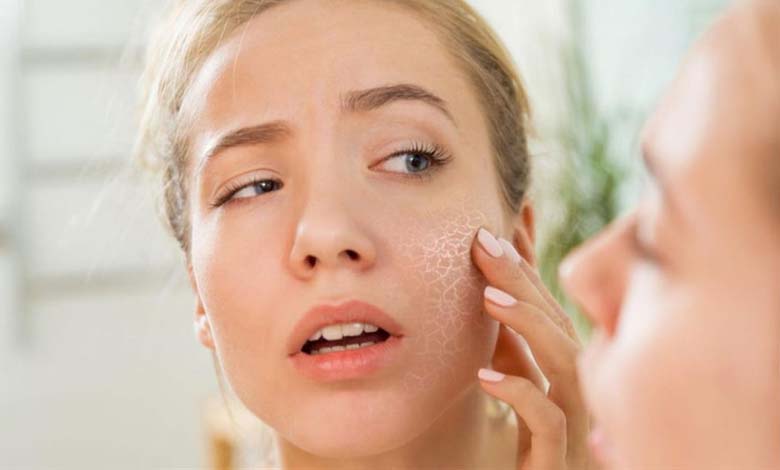With Winter Approaching… 5 Tips for Treating Dry Skin

As winter approaches, dry skin becomes a nuisance for many. Dry skin can cause pain, itching, flake onto clothes, and become red and scaly, which can be embarrassing. When it affects the face, it becomes even more important to address and treat it.
Dry skin can occur to anyone, at any age, and for various reasons, explains dermatologist Dr. Jennifer Lucas, M.D. With a few simple adjustments to your skincare routine, you can improve your skin’s moisture levels and prevent dryness from returning.
According to Dr. Lucas, aging is one of the main causes of dry skin, as skin gradually loses moisture over time, leading most people to experience dry skin by age 60. However, other factors can also cause dryness at a younger age, such as:
-
Mature skin: Should you clean your face in the morning? A dermatologist responds
-
Hair, skin: 3 unrecognized beauty benefits of lime trees
- Environmental exposure
- Health conditions
- Medications and treatments
- Skin composition
- Skin conditions
- Smoking
According to the “Cleveland Clinic” website, here’s how to care for dry skin on the face:
- Maintain Skin Moisture
Preserving the skin’s natural moisture is essential, especially as we age, as oil production gradually decreases. To avoid dryness, use cold rather than hot water when showering or washing your face, avoid rubbing the skin, and use moisturizing products containing hyaluronic acid and ceramides to help retain moisture.
-
The Essential Role of Zinc in Protecting Hair and Skin Health
-
The Drawbacks of Daily Makeup Use on Women’s Skin
- Regular Hydration
Hydration is key in combating dryness. It’s recommended to apply a moisturizer immediately after washing your face. Opt for a moisturizer with ingredients like ceramides, hyaluronic acid, and squalane. - Gentle Care
Avoid harsh exfoliants as they can worsen the condition. Adopt a gentle approach when cleansing and moisturizing to prevent skin damage. - Repair Skin Damage
Dryness can result from skin damage due to prolonged UV exposure or the use of harsh products. Treatments like chemical peels or laser therapies can improve the condition of damaged skin. - Address Underlying Conditions
If dryness is due to a specific health condition, such as autoimmune diseases or thyroid issues, treating the underlying condition can help alleviate the dryness.
-
“The Anti-Aging Benefits of Collagen for Women’s Skin: How it Helps Resist Wrinkles”
-
Without makeup, Kim Kardashian shows real skin texture
In most cases, dry skin can be managed with simple changes in skincare routines. However, if dryness persists or becomes severe, it’s best to consult a dermatologist, especially if it’s accompanied by intense itching or noticeable changes in the skin, such as persistent redness or the appearance of cancerous cells.












